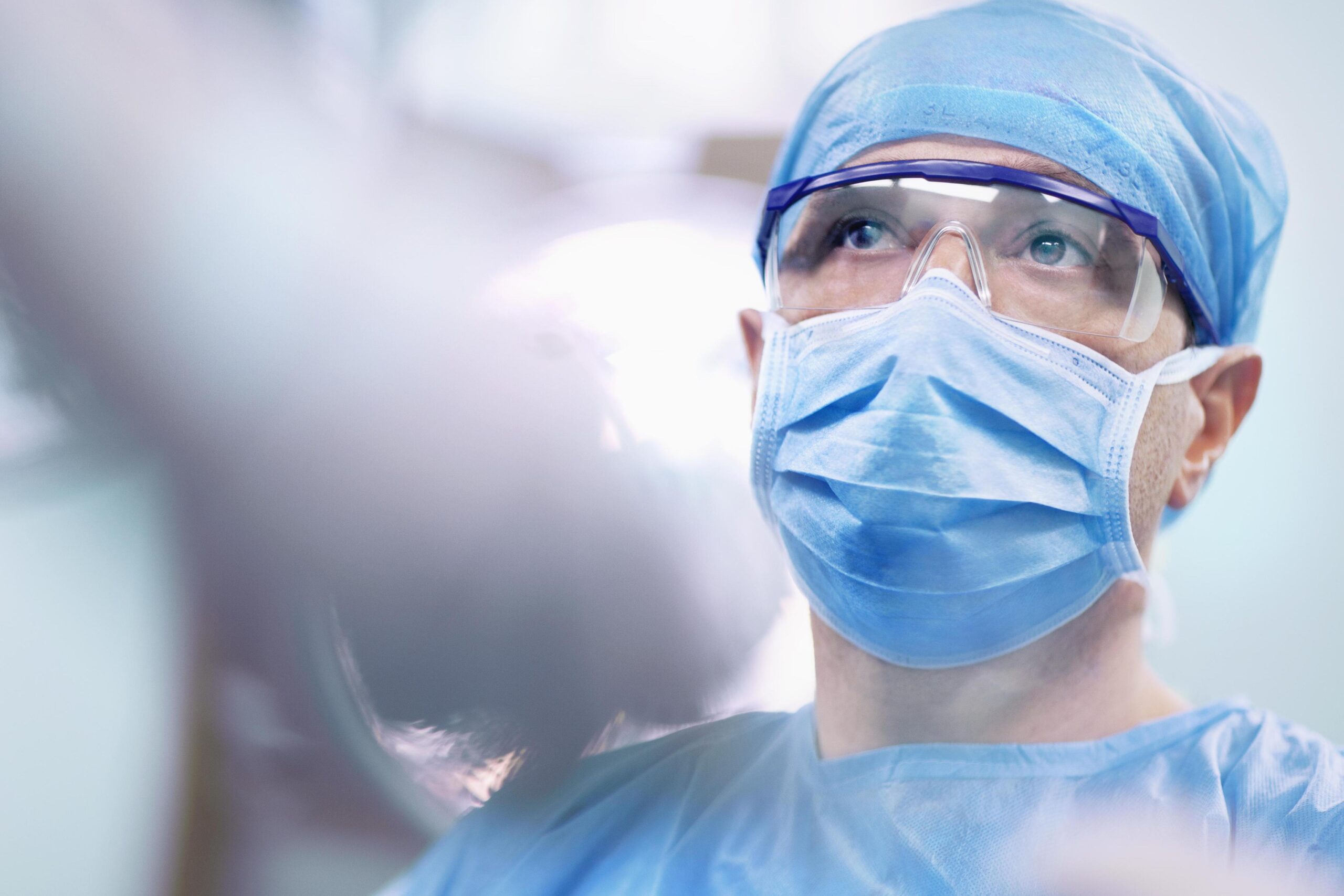Patient Information
International best practice dictates that you should not have any sort of anaesthetic before a certain time has elapsed since your last meal.
These times are:
- 8 hours for a large fatty meal
- 6 hours for normal meals (including milk)
- 4 hours for breast milk
- 2 hours for clear fluids e.g. Water, clear apple juice, energy drinks etc.
The reason is to allow time for your stomach to empty, to minimize the risk of aspiration.
Non-compliance may cause your operation to be postponed in order to ensure your safety.
Your anaesthesiologists will review the anaesthetic questionnaire that you filled out either at home or on admission, and may ask you to expand on relevant issues.
It is essential that you make full disclosure of your medical and surgical history and to bring along all the names and doses of any medication you may be taking. (This includes homeopathic and natural products).
Your anaesthesiologists will examine you, review relevant investigations, and then discuss your anaesthetic plan. Feel free to ask questions!
You may receive a mild sedative before surgery to help you relax.
There are four types of anaesthesia: Sedation, Local Anaesthesia, Regional Anaesthesia and General Anaesthesia.
When your surgery has been completed, you will be transferred to the recovery room. Here you will be monitored until you are fully awake, your pain is under control, and your vital signs are stable.
From here you return to your ward to begin your recovery, or wait for collection if it was a day case.
Important!
Do not drive, operate dangerous equipment, or make any important decisions for at least twenty-four hours after your anaesthetic. If you leave the hospital on the day of the operation, you will need to organize a lift home with a responsible adult.
Despite preventative measures, advancements in anaesthesia and the best anaesthetic techniques being applied, all anaesthetics involve a certain amount of risk. Ask your anaesthesiologists about the risks relevant to your procedure. The following are generalisations.
Common side effects: Post-operative pain, drowsiness, sore throat, nausea and vomiting.
Complications rarely experienced: Peripheral and/other nerve injuries, bleeding, allergic reactions, damage to teeth and caps, airway injuries, abrasion to eyes, soft tissue injuries, vascular injuries, pneumothorax, muscle pains and aspiration of stomach contents.
Remote complications: Awareness during general anaesthesia, hypoxia, cardiac arrest, brain damage and even death.
With Regional Anaesthesia there is a small risk of local anaesthetic toxicity, cardiac arrest, infection, headache and neurological injury of various types, including paralysis and even death.
Factors increasing your risk of harm in the pre-operative period include obesity, diabetes, smoking, heart, lung, kidney, liver or neurological disease, as well as congenital musculoskeletal abnormalities.
Is it possible to be conscious during a general anaesthetic?
Yes, but it is a very rare event.
During an anaesthetic, the anaesthesiologists scans drug delivery systems, takes note of clinical signs, and can generally detect and respond rapidly to inadequate depth of anaesthesia. It is also possible to monitor depth of anaesthesia using devices such as entropy or bispectral index, though these are normally reserved for specific indications.
That said, very rarely, awareness can occur without any indication during the procedure that this has happened. This can be psychologically traumatic, and should immediately be reported to the anaesthetist involved, so that he or she can organize the appropriate support.
The fee for the services of an anaesthesiologist is separate from the accounts sent by by the surgeon and the hospital.
Competition law in South Africa, and the numerous variables involved, precludes a fixed rate of billing. Consequently, billing rates vary between anaesthesiologists.
Co-payments can be an unpleasant surprise, so it is important that you enquire whether or not there will be a shortfall between the amount charged and the amount reimbursed by the medical aid.
We are happy to provide fee estimates, and these need to be requested prior to your admission to hospital for surgery.
Quotes may be obtained, by getting the contact details of the relevant billing company, from our offices on 021 007 2387.

